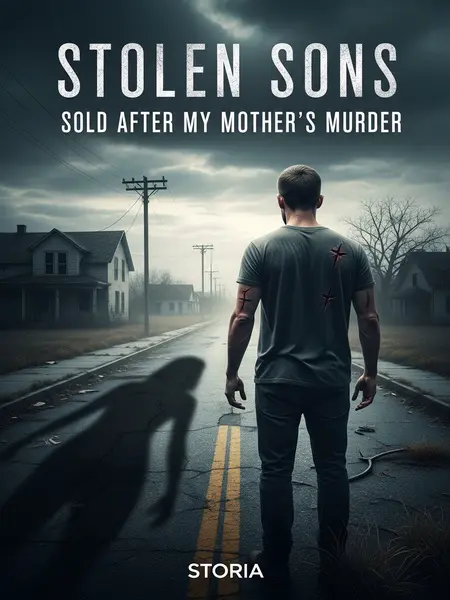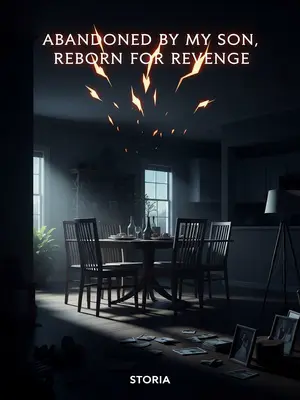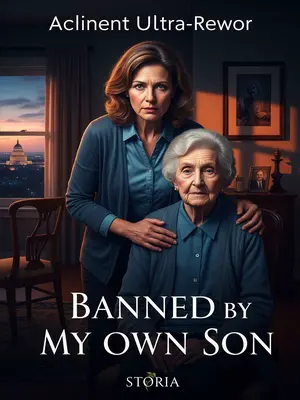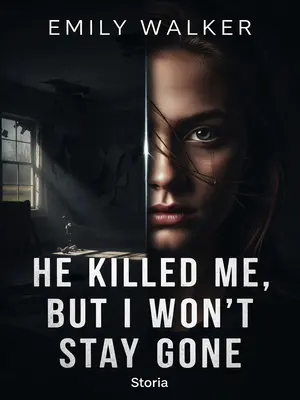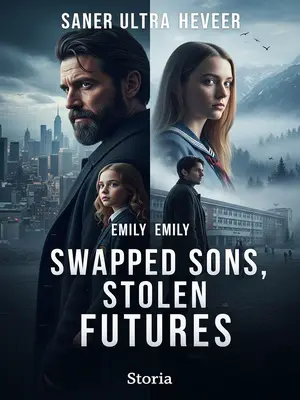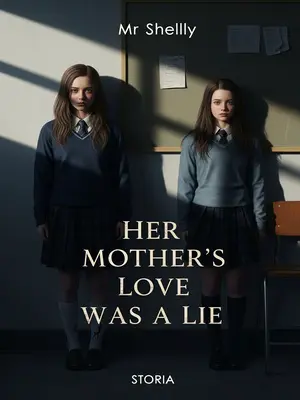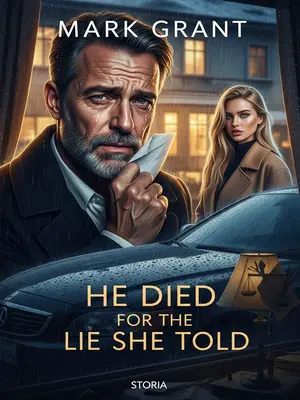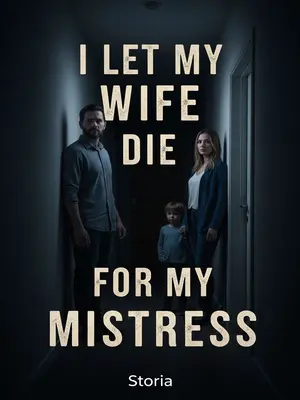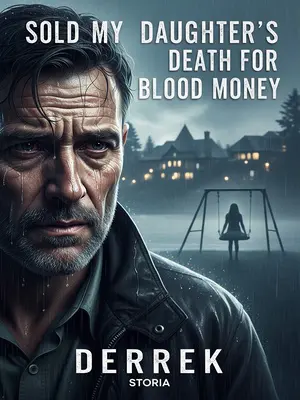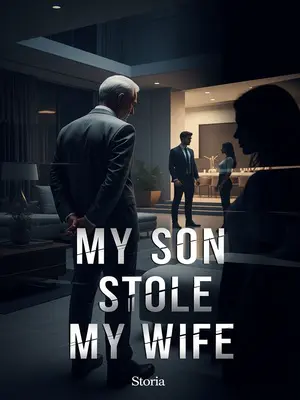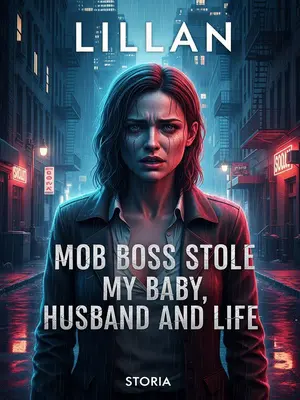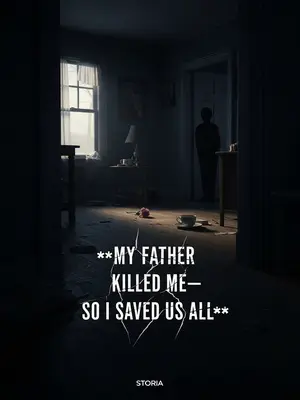Chapter 1: The Day Everything Changed
In 1994, deep in rural Ohio, a human trafficker committed an unthinkable act—murdering a mother in cold blood just to steal away her two young sons.
The shock of that day never faded, especially for the older brother. He remembered everything—every detail burned into his memory like the scar of a hot iron.
Eighteen years later, he came back, carrying the past with him like a stone in his chest. But some scars never fade. And some debts demand to be paid.
# logic/setting consistency: Maple Heights is a suburb of Cleveland, not Toledo → adjust metro reference for immersion
July 12, 1994, Maple Heights—a sleepy little town just outside Cleveland.
Market day rolled around, and the women of Willow Creek loaded up their Chevys and Fords, heading into town with canvas totes and grocery lists in hand.
Market day rolled around, and the women of Willow Creek loaded up their Chevys and Fords, heading into town with canvas totes and grocery lists in hand.
Thirty-one-year-old Natalie Carter was among the crowd, her mind set on buying a new shirt for her children’s father, Derek Foster. She tucked thirty bucks—three crisp tens—into her purse, gave the kitchen counter a last glance, and stepped outside, the summer heat already humming. The air buzzed with the smell of cut grass and diesel, and somewhere a dog barked behind a chain-link fence.
Before she made it out the door, she paused at the Jenkins’ house next door, laughing off her predicament: her old sneakers had given up, soles flapping like fish, so she borrowed a pair of Mrs. Jenkins’s white plastic sandals. They were a little too big and squeaked with every step—a bit embarrassing, but she shrugged it off. “Guess these’ll have to do, huh?” she joked, grinning at Mrs. Jenkins, who waved her off with a motherly, “Take care now, sweetie.”
But she hadn’t made it far before her two boys caught up to her—breathless, hair wild, barefoot and determined.
But as they strolled through the heart of town, the day unraveled into horror.
A short, heavyset man hailed them as they passed—his voice carried the twang of northwest Ohio, and his face wore a neighbor’s easy smile. “Hey there, Natalie! Y’all Carter folks from out Willow Creek way, ain’t ya?” He claimed to have kin in Willow Creek and said he needed to send a message back home. His eyes never quite met hers, but his manner seemed sincere, the sort of small-town trust you don’t question.
# logic/setting consistency: keep region consistent with Cleveland reference
Back in ’94, cell phones were like UFOs—maybe one or two folks in Cleveland had ’em. Even landlines were spotty in rural towns, and payphones ate up quarters faster than a slot machine. So, if someone needed to pass a message, they just found a friendly neighbor heading your way. That’s how things worked, handshakes and word of mouth.
Natalie, ever the good neighbor, nodded and followed the man—Paul Sanford—straight into his little shop, the bell jingling overhead. She never thought twice about it.
Back in ’94, cell phones were like UFOs—maybe one or two folks in Toledo had ’em. Even landlines were spotty in rural towns, and payphones ate up quarters faster than a slot machine. So, if someone needed to pass a message, they just found a friendly neighbor heading your way. That’s how things worked, handshakes and word of mouth.
The card players soon drifted away, their laughter echoing out into the street, but Natalie didn’t come back. The boys waited, fidgeting, as the sky grew heavy with summer clouds.
A knot of unease twisted in Caleb’s stomach. He nudged his brother, and together they crept up to the door, fingers slipping over the chipped wood. They pushed it open, hearts thudding.
Inside, the world changed forever.
Inside, the world changed forever.
Noah, so small, looked up at his brother, eyes wide with horror. Then he let out a wail—sharp, heartbreaking, the kind that ripped through walls. Caleb instinctively grabbed his hand, but their cries gave them away.
Three men, eyes hard as stone, stormed toward them. After making sure Natalie was dead, they seized the boys, rough hands bruising their arms, and threw them into a cold, damp basement. The iron door slammed shut, echoing like a judge’s gavel.
The basement smelled of mildew and fear. Caleb’s hands shook so bad he nearly dropped Noah’s. He tried to remember how his mom always told him to be brave, but the words slipped away. The boys clung together, shivering in the dark, listening to the footsteps fade away. The scrape of the bolt felt final.
For a while, all they could do was cry—hot tears pooling on Caleb’s cheeks. But when the tears ran dry, something like resolve settled over them.
Escape. That was the only thought that mattered.
Caleb wiped his eyes and looked around. Even in the darkness, he could make out a square window, high above the door—no glass, just a breath of humid summer air.
He rummaged around, found a long wooden stick, and together they tried to climb up. Caleb, who’d spent years scrambling up maple trees and chain-link fences back home, made it out in a flash—elbows and knees working on muscle memory alone.
Noah tried too, but he was so little—each time, he’d slip, landing with a soft thud and a frustrated sob. Caleb whispered encouragement, biting back his own panic. He forced a grin he didn’t feel, heart pounding so loud he was sure the men upstairs could hear.
He rummaged around, found a long wooden stick, and together they tried to climb up. Caleb, who’d spent years scrambling up maple trees and chain-link fences back home, made it out in a flash—elbows and knees working on muscle memory alone.
Noah tried too, but he was so little—each time, he’d slip, landing with a soft thud and a frustrated sob. Caleb whispered encouragement, biting back his own panic. He forced a grin he didn’t feel, heart pounding so loud he was sure the men upstairs could hear.
One desperate time, they actually made it out—blinking in the late afternoon sun, hearts hammering as they crossed the backyard toward the fence. But an old man, stooped but watchful, spotted them. “Hey!” he shouted, and before they knew it, rough hands yanked them back inside.
On the seventh night, as thunderstorms rolled in, the traffickers decided to move them—afraid that folks were getting too curious.
